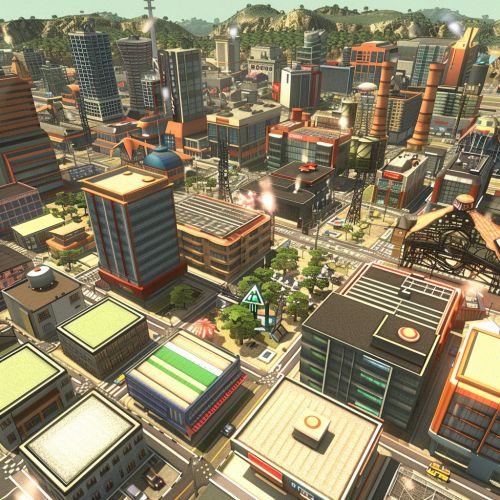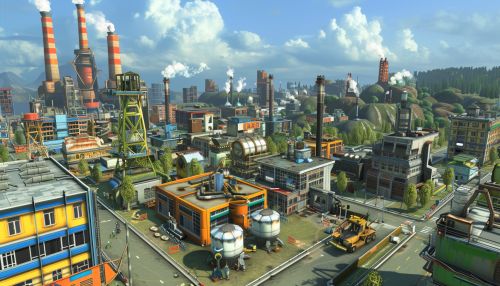Economic simulation games
Overview
Economic simulation games are a genre of video games that focus on the management of economic processes. Usually, these games involve managing resources and using them to achieve specific objectives. The genre includes a wide variety of games, from city-building games like SimCity to business simulation games like Capitalism.
History
The history of economic simulation games can be traced back to the early days of video gaming. One of the first games of this genre was Monopoly, a game based on the popular board game, which was released in the 1980s. Since then, the genre has evolved and expanded, with many different types of economic simulation games being developed.


Types of Economic Simulation Games
There are several types of economic simulation games, each with their own unique gameplay mechanics and objectives.
City-Building Games
City-building games are a type of economic simulation game where players are tasked with the construction and management of a city. Examples of city-building games include SimCity and Cities: Skylines.
Business Simulation Games
Business simulation games involve managing a business and making decisions to achieve business objectives. These games often involve managing resources, such as money and employees, and making strategic decisions to grow the business. Examples of business simulation games include Capitalism and RollerCoaster Tycoon.
Political Simulation Games
Political simulation games are a type of economic simulation game that focuses on the economic aspects of running a country. These games often involve managing a country's economy, making political decisions, and dealing with international relations. Examples of political simulation games include Democracy and Tropico.
Gameplay Mechanics
Economic simulation games often involve a variety of gameplay mechanics, many of which are common across different types of games within the genre.
Resource Management
One of the key aspects of economic simulation games is resource management. Players are often given a limited amount of resources, such as money, materials, or workers, and must use these resources effectively to achieve their objectives.
Decision Making
Decision making is another important aspect of economic simulation games. Players must make strategic decisions, such as where to invest resources, what projects to undertake, and how to respond to events or challenges.
Progression and Development
Most economic simulation games feature some form of progression and development. This could involve the growth of a city or business, the advancement of technology, or the development of a country's economy.
Impact and Influence
Economic simulation games have had a significant impact on the video game industry and have influenced a number of other genres. They have also been used as educational tools, helping players to understand economic principles and concepts.
